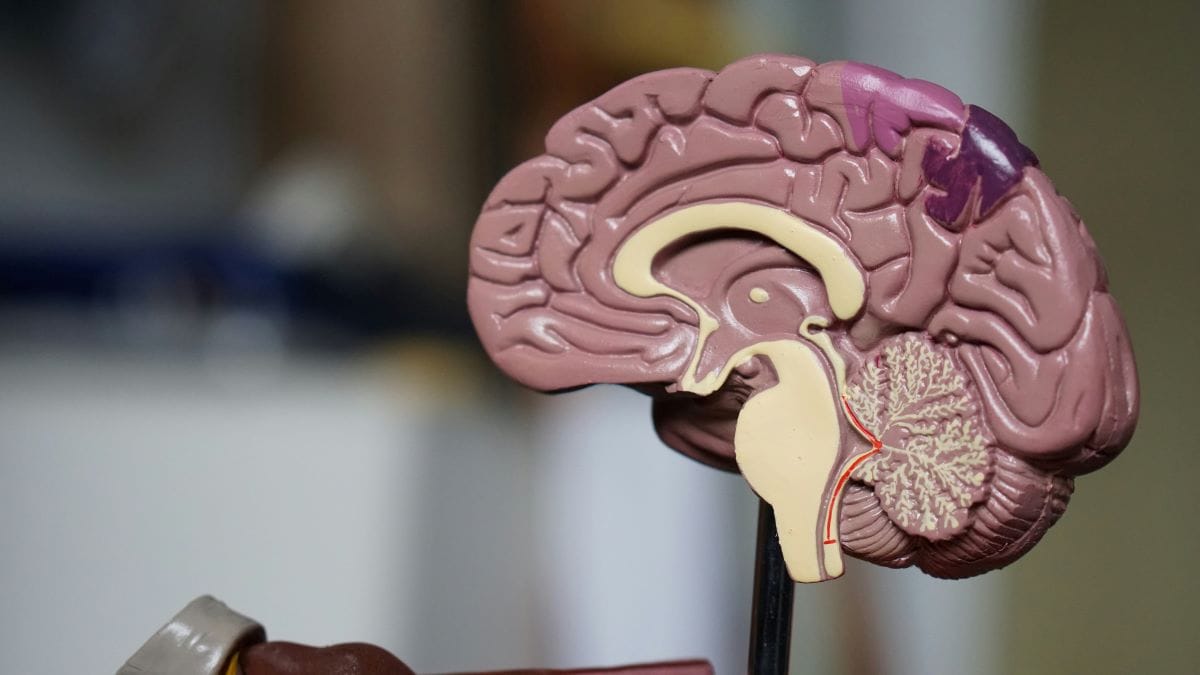Brain Health

Researchers found that teens with weaker neural links between the prefrontal cortex and the amygdala were more likely to feel sad and stressed during the pandemic. This study, part of the Adolescent Brain Cognitive Development (ABCD) project, highlights the importance of strong brain networks for better mental health and suggests early intervention could help. One early intervention method is greater physical activity.
Amelia Hammersley, a 16-year-old student, showcased her research at the Regeneron International Science and Engineering Fair, demonstrating that celastrol, a plant compound from a Chinese vine, the "thunder god vine", can reduce the dose of NSAIDs (a common type of pain reliever) needed to treat concussions. Using fruit flies as a model, she found that combining celastrol with NSAIDs improved survival rates and recovery times compared to using NSAIDs alone.
Handwriting, compared to typing, significantly boosts brain connectivity, especially in regions linked to learning and memory. This is due to the increased brain activity and synchronization of brainwaves when writing by hand. The study suggests that handwriting aids in better memory retention and understanding of concepts, making it a valuable tool for learning despite the convenience of typing. Researchers advocate for incorporating more handwriting into educational curriculums to enhance cognitive development.
Researchers at McMaster University in Canada found that the spread of popular songs can be mathematically modeled like viral epidemics. A study from Columbia University reveals that specific brain networks become more active when listening to music, processing emotions, movements, and sounds. Music's ability to change emotions could potentially lead to future treatments for conditions like depression.
Confirmation bias is a natural tendency to search for and believe information that confirms what we already think, while ignoring information that contradicts that. This bias can make it challenging to remain open-minded, especially when consuming information online, which is often presented according to our preferences by algorithms.
Senses are how the body gathers information for the brain to interpret the world around it. There are many senses in our body, some which are less known than others. The five basic senses: sight, sound, touch, taste, and feeling, mostly provide information about the outside world to our brain. Touch can also be divided into specific categories, such as pressure, temperature, vibration, and pain, but it is usually considered one sense.
Other, less commonly known senses include proprioception, vestibular sense, and interoception. Proprioception is the sense that helps us track where our limbs are in relation to the rest of our body. This is known as a sensory system and has a lot of parts all over our bodies which provide information to our brains that help us coordinate our limbs. Vestibular sense is similar to proprioception, in that it helps us with balance. It can help us coordinate limbs to balance ourselves, for example, on a tightrope. Finally, interoception is like an internal monitoring system that lets our bodies keep track of the status of the internal organs, helping us feel if they are damaged. Interoception can also help us tell when we are afraid, or nauseous, or about to pee.
There are many health benefits for being in green spaces. Some include lower stress levels, reduced blood pressure, improved sleep, and a decreased risk of chronic diseases. Green spaces encourage physical activity, which further contributes to overall health.
Distraction is detrimental to brain health, potentially causing many problems. Multitasking and constant digital interruptions can lead to a loss of focus and cognitive overload. The brain is not designed to handle multiple tasks simultaneously, which can impair attention and deep thinking.
To combat distractions, better screen time habits, improved sleep, a healthy diet, and regular exercise are recommended. These changes can help reduce distractions and enhance overall brain health.




